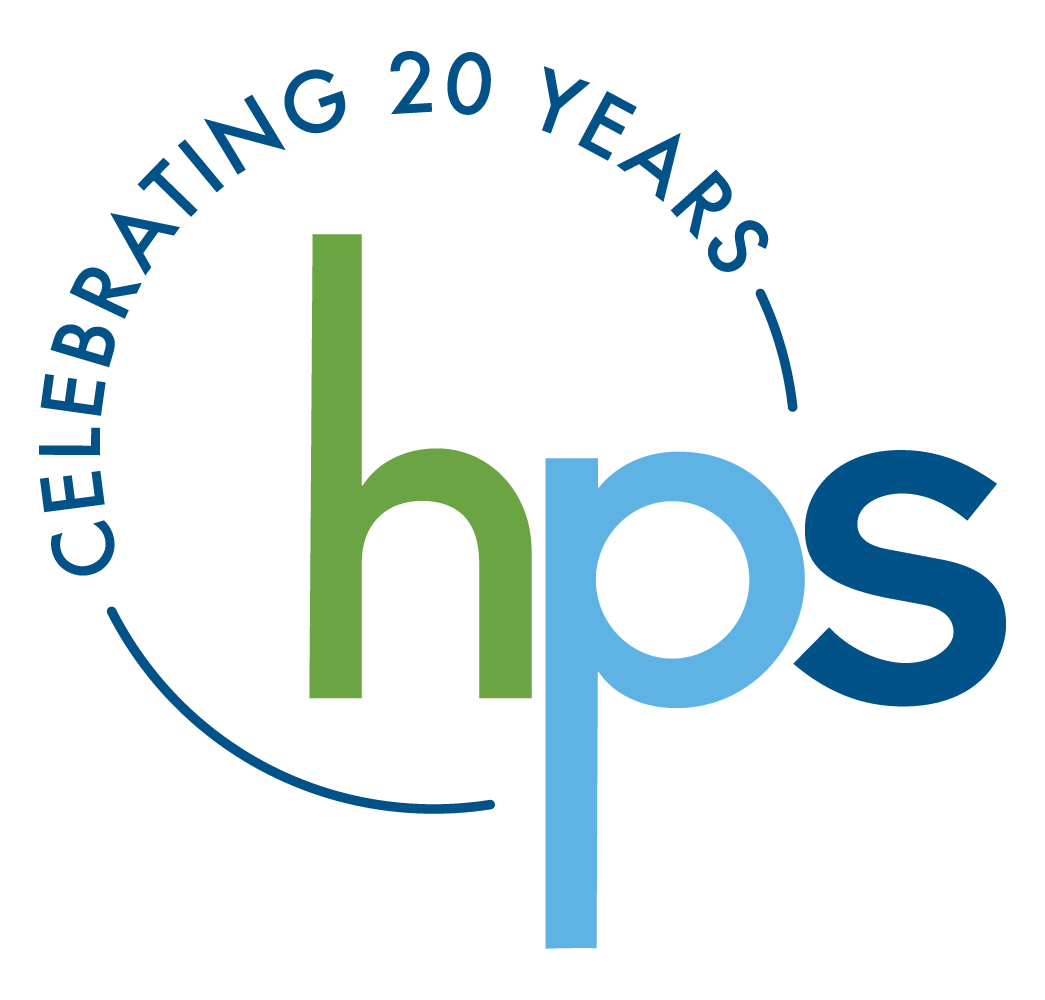Four Things Employers and Their HR Departments Need to Consider When Returning to Work
Four Things Employers and Their HR Departments Need to Consider When Returning to Work
For all employers – small or large – Covid-19 continues to create unique challenges in the workplace. A paramount consideration for all employers must be to ensure all members of its HR Department and supervisory personnel comply with federal antidiscrimination law when making employment decisions in the workplace.
Americans with Disabilities Act (ADA)
Employers should be particularly mindful of Covid-19’s intersection with the Americans with Disabilities Act (“ADA”).1 Under the ADA, a “qualified individual with a disability” is protected under the statute. An individual is “qualified” if he or she can perform the “essential functions” of the position with or without a “reasonable accommodation.” If an employer fails to “reasonably accommodate” a known physical or mental limitation of the qualified individual, a violation of the act has occurred, unless the employer can demonstrate “undue hardship” or that the employee is a “direct threat.” (A “direct threat” occurs when there is a significant risk of substantial harm to the health and safety of the employee that cannot be reduced or eliminated by reasonable accommodation.)
With employees returning to work in the wake of Covid-19, employers should be prepared to see an uptick in the number of employees requesting accommodations that it would not normally be used to (i.e., a request to continue working remotely; a request to change the physical setup of the employee’s office; or a request to work different hours or shift than other employees out of fear or anxiety of contracting Covid-19).
Generally speaking, employers should always be prepared to engage in the “interactive process” with an employee to determine a reasonable accommodation once it becomes aware of – or regards an employee as – having a disability and that employee is requesting a reasonable accommodation. The crux of the inquiry is what would be a “reasonable accommodation.” As of May, 2020, the Equal Employment Opportunity Commission (EEOC), has issued revised guidance for employers regarding Covid-19, the ADA, and what may constitute a “reasonable accommodation.”
Historically, employers were prohibited from making any inquiries of an employee regarding a disability (unless there was a direct job-related reason for the inquiry). However, the EEOC has issued new guidance for employers related to Covid-19 testing and inquiries. Whether an employer chooses to perform Covid-19 testing, taking the temperatures of its employees upon entrance to a work site or simply has employees fill out a daily questionnaire regarding known Covid-19 symptoms, any such data must be kept confidential and maintained as other employee protected health information. Failure to comply with required confidentiality regulations (HIPAA) can result in financial penalties.
Occupational Safety and Health Administration (OSHA)
Covid-19 has changed how employers maintain their work environment. Employers must also comply with the Occupational Safety and Health Administration Act of 19702 which requires employers to comply with safety and health standards and regulations and further requires employers to provide their employees with a workplace free from recognized hazards likely to cause death or serious physical harm. Recently, OSHA published its Guidance on Preparing Workplaces for COVID-19 which contains recommendations and descriptions of mandatory safety and health standards to assist employers in providing safe and healthful workplaces. The Guidance can be found here. Employers are encouraged to develop an infectious disease preparedness and response plan and to implement basic infection prevention measures. The OSHA Guidance provides employers with a risk assessment tool to determine which policies and practices should be implemented to ensure its employees work in a safe and healthy environment.
Employers should also keep in mind the newly enacted Families First Coronavirus Response Act (“FFCRA”).3 On April 2, 2020, FFCRA, went into effect, which requires employers with under 500 employees to provide employees, depending on whether they are full-time or part-time with paid sick leave (or expanded family and medical leave) for specified reasons related to Covid-19. The FFCRA applies through December 31, 2020, and an employer is prohibited from firing, disciplining, or otherwise discriminating against an employee because of taking leave under FFCRA.
Finally, it important for employers to continue enforcing their existing equal employment opportunity (“EEO”) policies consistently across-the-board and not to deviate from those policies. Deviating from an employer’s existing EEO policies in a particular circumstance exposes the employer to disparate-treatment litigation in the future. For example, employers should ensure that employees who may be high-risk for Covid-19 are not treated differently than those employees who are not high-risk. Enforcement of all EEO policies in the same manner to all employees will help mitigate the risks of employment-related litigation that will likely follow in the wake of Covid-19.
Covid-19 and the ensuing shelter-in-place orders that necessarily impacted normal business operations have resulted in changes to compliance requirements of existing employment laws, and also resulted in new employment laws, guidance and regulations. In returning to work, Employers are encouraged to educate themselves on existing and new laws, regulations and guidance documents to ensure work environments are safe and employees are protected.
1. 42 U.S.C. § 12101 et seq.
2. 29 U.S.C. § 651 et seq.
3. See HPS Employment Insights Blog Post dated June 4, 2020 discussing the leave requirements under the FFCRA here.


